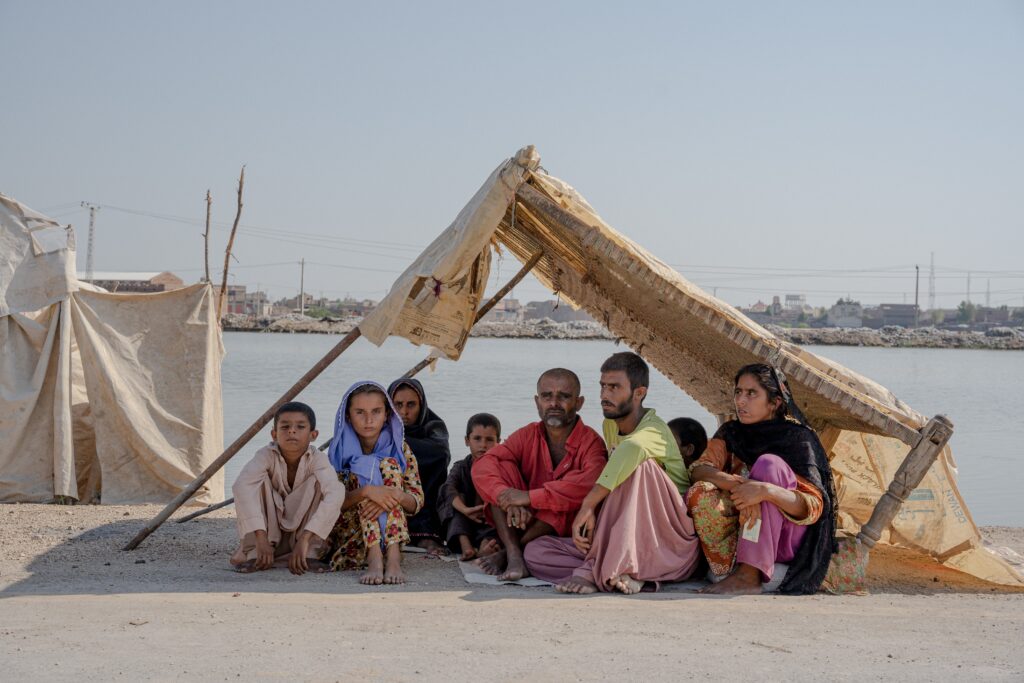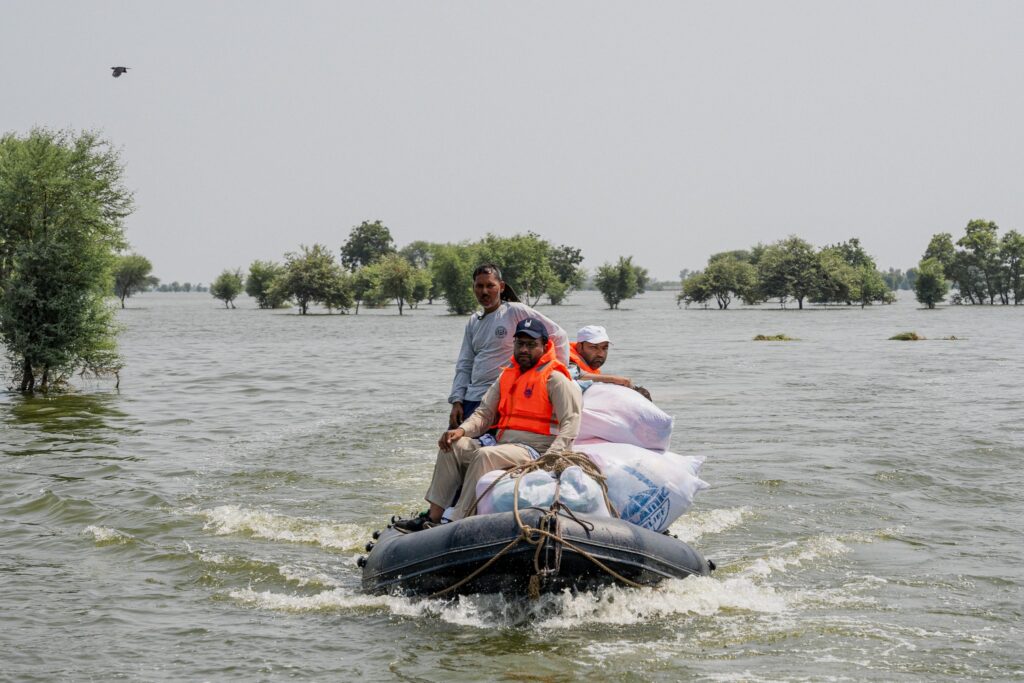Climate Resilient Pakistan: Rhetoric To Reality
A Flash Back
The year Pakistan faced one of the worst climate disaster of its history that affected over 33 million people all over the country. Floods that washed away homes, destroyed villages and took lives of over a million livestock animals.
People lost their loved ones and communities saw their livelihoods destroyed in front of their eyes. In decades Pakistan did not face a disaster that affected the country at a level that could not have been precedented.
Damages that may take years to cover up, years and years of savings washed away in the merciless flood water. It will take a long time for the communities get back on their feet once again.








